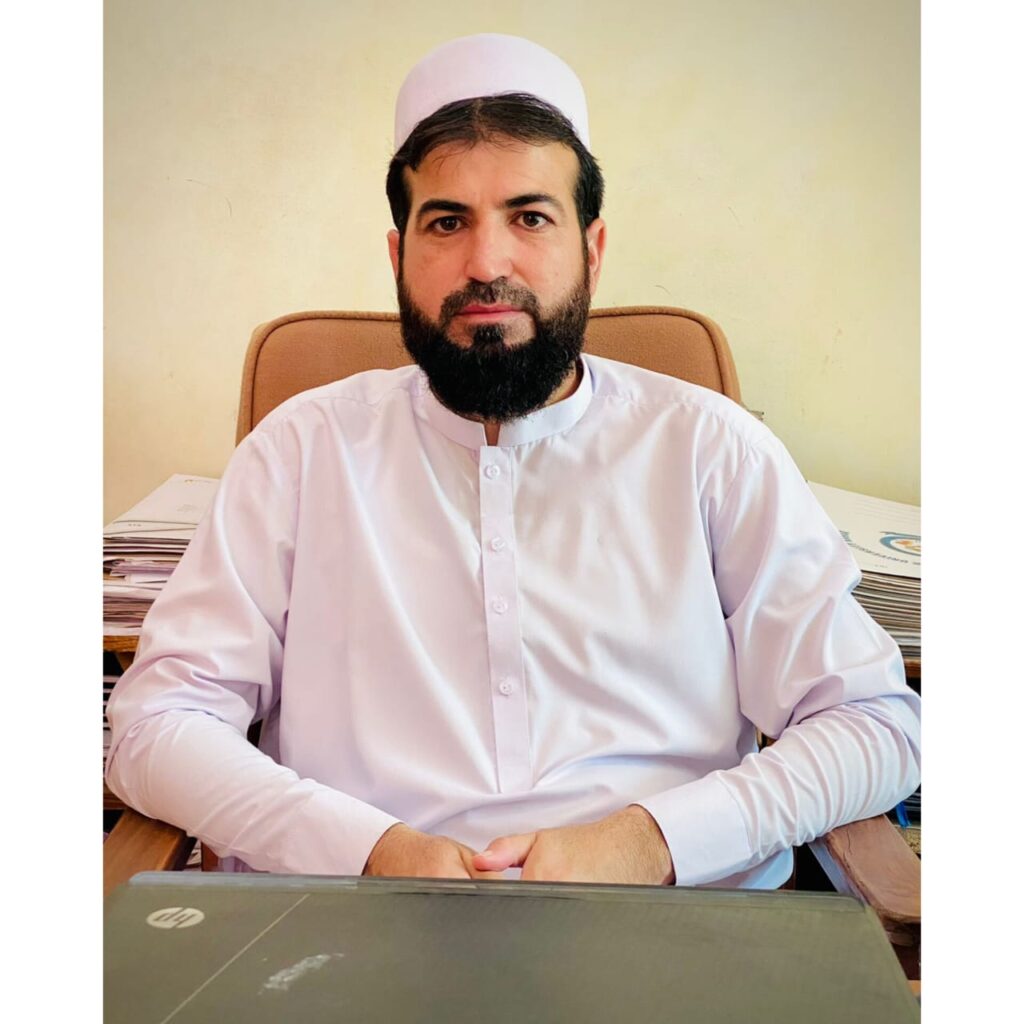- By: Shabeer Khattak

Khyber Pakhtunkhwa (KP), particularly regions like Karak, are witnessing a vocal campaign against cheating in examinations. This movement, fueled by a desire for meritocracy, has ignited a competitive fervor among students, sometimes leading to unhealthy levels of jealousy. While the focus on academic honesty is commendable, a far more insidious form of “cheating” lurks in the shadows, largely unnoticed: the systematic exploitation of teachers in private educational institutions.
The emphasis on merit in student evaluations clashes starkly with the devalued status of educators. Private school owners, often reaping substantial profits, subject their teaching staff to shockingly low salaries. Many qualified teachers, including those with advanced degrees, are paid between a meager Rs. 7,000 to Rs. 30,000 per month. This financial injustice has profound consequences:
Teachers struggling to make ends meet cannot fully dedicate themselves to their profession. Their focus shifts from fostering learning to mere survival. This results in compromised teaching quality and a diminished educational experience for students.
The low wages send a clear message that educators are not valued. This demoralizes teachers, eroding their passion and commitment.The exploitation of teachers contributes to a cycle of inequality. Children from less privileged backgrounds, often reliant on private schools, are further disadvantaged by the compromised quality of education.
Beyond Private Schools Systemic Issues in Examination Boards affect the overall process.
The issue of ethical conduct within KP’s education system extends beyond private schools, reaching into the very heart of examination boards. Allegations of corruption and favoritism paint a troubling picture.
Special Marking and Position Auctions, Reports of examination boards engaging in “special marking” to inflate grades for select students, particularly those from private institutions, undermine the integrity of the entire evaluation process. Furthermore, the alleged practice of offering tenders for position holder candidates and the illicit exchange of money for desired positions create a system where merit is secondary to financial influence.
The assignment of examination duties based on personal connections rather than qualifications or fairness raises serious concerns. This practice not only compromises the impartiality of the examination process but also breeds resentment among educators.
Addressing the issue of cheating in examinations requires a holistic approach that extends beyond student conduct. Authorities, policymakers, and society must recognize that,Fair Compensation for Teachers is Essential. Just wages are not merely a matter of fairness; they are an investment in the quality of education. Regulations must be implemented to ensure that private schools provide teachers with livable salaries that reflect their qualifications and experience.
Transparency and Accountability in Examination Boards Examination boards must operate with complete transparency and accountability.
Measures should be taken to eliminate corruption, favoritism, and any practice that undermines the integrity of the evaluation process. Independent oversight and rigorous audits are crucial.
Society must recognize the vital role of teachers and treat them with the respect and dignity they deserve. Education is a collective responsibility, and valuing educators is fundamental to building a just and equitable system.
A strong regulatory framework is needed to enforce fair labor practices within private educational institutions and to ensure the integrity of examination boards. This framework should include clear guidelines for teacher salaries, working conditions, and ethical conduct.
While students engaging in exam cheating deserve attention, the systemic exploitation of teachers and the corruption within examination boards represent a far more egregious form of “cheating.” This silent injustice undermines the very foundation of education, perpetuating inequality and compromising the future of KP’s youth.
True academic honesty necessitates not only ethical student conduct but also a commitment to fairness and justice for educators. Only by addressing these systemic issues can KP create an education system that truly upholds merit and empowers its students and teachers alike.
- The Writer is Lecturer in Communication & Media Studies department at Khushal Khan Khattak University Karak
- shabeer.khattak@kkkuk.edu.pk

